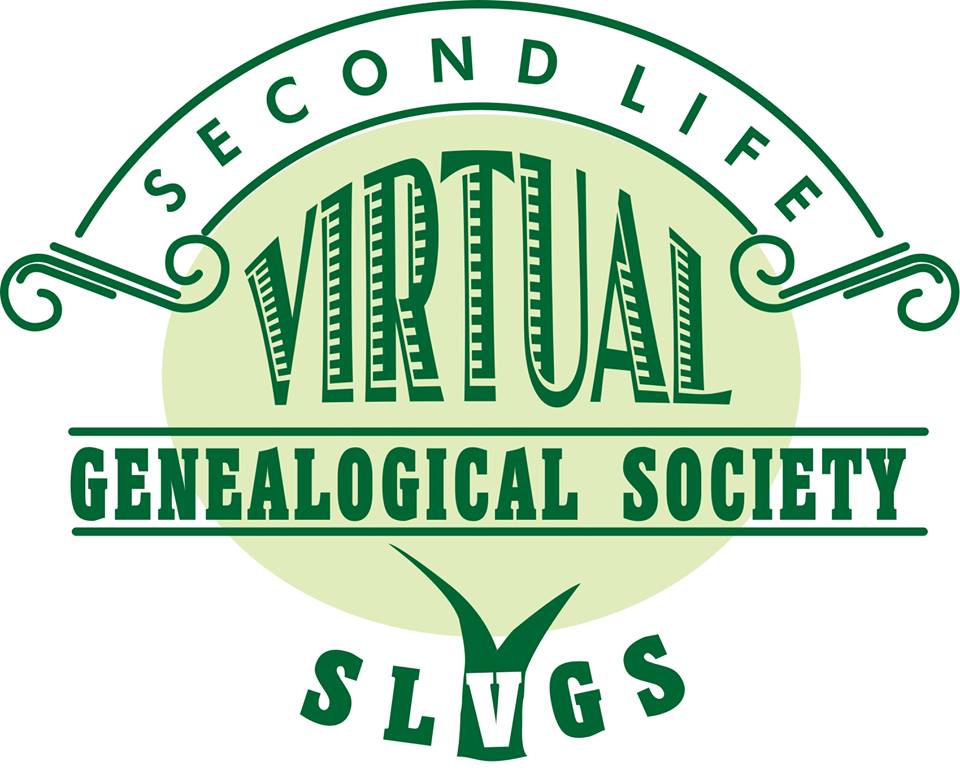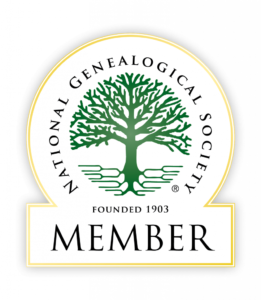Join us at our next monthly meeting to hear featured guest speaker Gena Philibert-Ortega talk to us about the Works Progress Administration (WPA).
Her talk is titled, “The WPA Historical Records Survey and YOUR Genealogy.”
WHEN: Sunday, 13 November 2022
TIME: 5:30 p.m. SLT (same as Pacific Time)
WHERE: The Barn at the Family History Center SLurl <— NOTE NEW LOCATION
Description
Today’s genealogists benefit from digitization projects that provide easier access to records. But President FDR’s WPA (Works Progress Administration) also was instrumental in getting genealogical relevant content to researchers. In this presentation, we will explore the WPA and specifically the Historical Records Survey and what genealogically relevant content you can find in books, archival collections, and online.
A brief business meeting will be held prior to the speaker’s presentation.
Please note that we will be meeting at our NEW location, the SLVGS Barn at the Family History Center. Please save the SLurl to your landmarks.

Genealogists of all levels are welcome at our meetings. You do not need to be a member of the SLVGS in order to attend, but we’d love it if you’d join!
The featured image of the WPA display is from the Library of Congress.
About The Speaker

Gena Philibert-Ortega is an author, researcher, and instructor whose focus is genealogy, social and women’s history. She holds a Master’s degree in Interdisciplinary Studies (Psychology and Women’s Studies) and a Master’s degree in Religion. Her published works include two books, numerous articles published in magazines and online, as well as five editions of the Tracing Your Ancestors series from Morsehead Publishing. Her writings can be found on her blogs, Gena’s Genealogy, and Food.Family.Ephemera, as well as the GenealogyBank and Legacy Webinars blogs. She is a course instructor for The National Institute for Genealogical Studies. She has presented to diverse groups worldwide including the Legacy Family Tree Webinar series. Her current research includes women’s repatriation and citizenship in the 20th century, foodways and community in fundraising cookbooks, and women’s material culture.


